Back in November last year, Microsoft announced Copilot Studio, a platform designed to allow users to design their own Copilots and customize them for Microsoft 365. Now, the company is updating the platform and adding new capabilities to it, allowing users to create custom copilots that will act as agents and perform various functions assigned to them independently.
Custom Copilot Agents will help users save a lot of time by taking care of routine tasks, allowing them to focus on more important ones. This is a major change in how AI agents have behaved so far and is expected to significantly enhance their usability.
Copilot Agents – What Can They Do?
The conversational capabilities of newer AI chatbots like Copilot are a big component of what makes them different from existing virtual assistants like Google Assistant and Siri. However, with Copilot Agents, Microsoft is going one step further in creating a more distinct identity for them.
Unlike existing AI assistants, Copilot Agents will not wait for you to converse with it and give it commands. They will proactively work on repetitive and mundane tasks in the background, such as data entry, freeing up time and allowing you to work on other things.
For instance, businesses can create Copilot agents to take care of tasks like employee onboarding, IT helpdesk tasks, etc. You can also trigger copilot agents through certain events, instead of just relying on conversational abilities, and automate tasks that do not require a lot of skill.
However, that does not mean Copilot agents have to be limited to simple tasks only. They can also initiate and perform complicated business functions with reduced human intervention and greater autonomy. For instance, a copilot agent can react when an email arrives, find out the sender's details, and take the necessary action.
You can assign specific functions or roles to Copilot agents, like finance, customer handling, sales, marketing, IT, etc. Thus, they can serve as virtual employees in an organization.
Types of Copilots Users Can Build
With Copilot Studio, you can create different types of Copilots for different functions. Here are some of the most common purposes for which you can design a Copilot, and by extension, a Copilot agent.
IT Help Desk
IT support is an extremely complicated task that can sometimes take days. With Copilot, you can automate this process and the AI will take care of things like creating purchase orders, getting approvals, and resolving tickets.
Employee Onboarding
You can also design a Copilot for employee onboarding, making the process faster and more cost-effective. The Copilot can interact with new hires, answer their questions, provide training, and perform other onboarding functions.
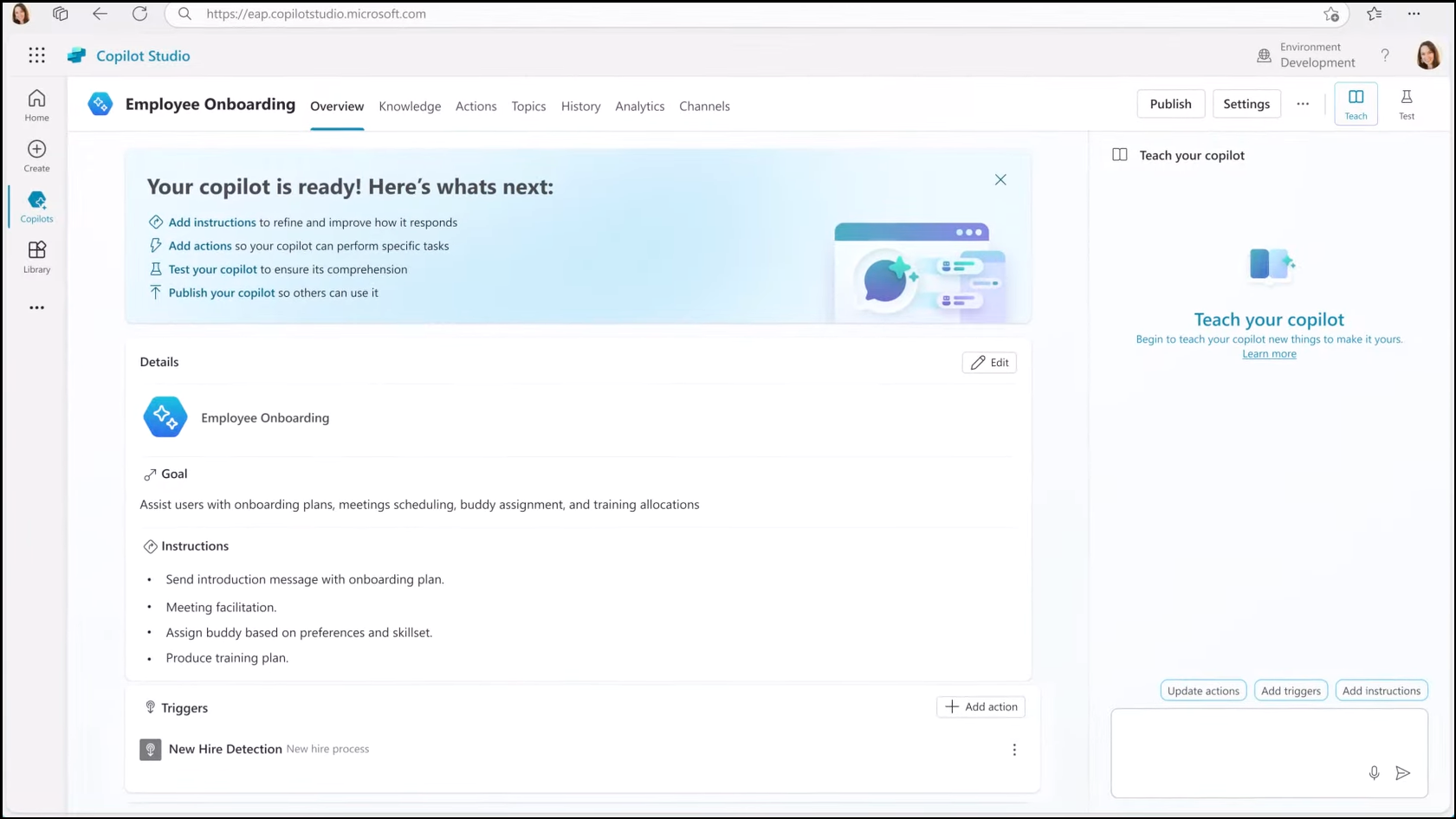
Personal Concierge for Sales and Service
Another instance in which Copilot can help you is by catering to guests by relying on the memory of past conversations. This helps it remember their preferences and complaints, and even answer questions while learning from different interactions.
When will Copilot Agents be available? Right now Microsoft has allowed a small group of testers to try out Copilot agents within Copilot Studio. We do not know when they will be publicly available, but the public release should be sometime this year.
Copilot agents seem like the next major step in the evolution of AI assistants, and one that is going to change how we interact with them. By eliminating the need for user commands and being able to perform tasks on their own, Copilot agents can greatly improve the efficiency and productivity of any business.
Microsoft has also built certain controls to ensure these agents do not go rogue, and they can only work within certain confines pre-established by user-provided instructions. However, all of this has not been tested in the real world, so this is the perfect opportunity to find out whether we can rely on AI to perform various functions with a certain degree of autonomy.

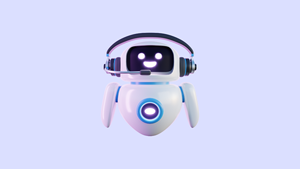

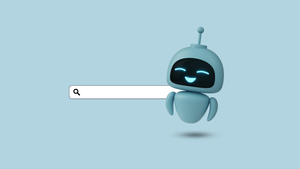
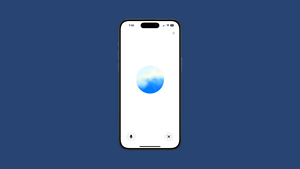
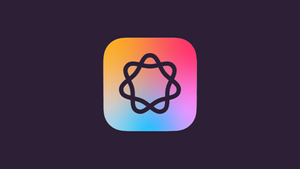
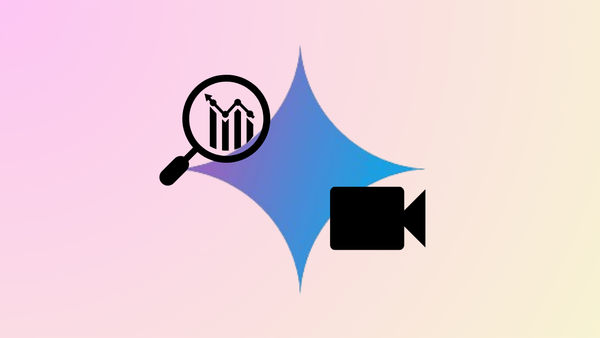
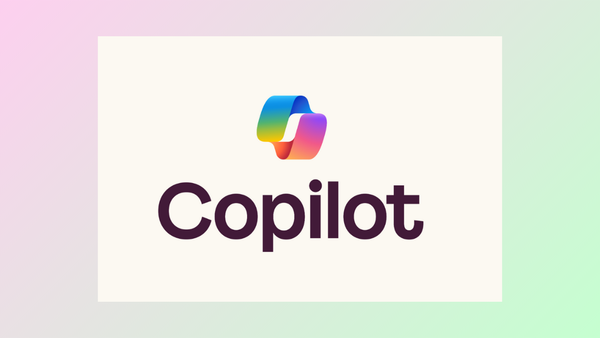

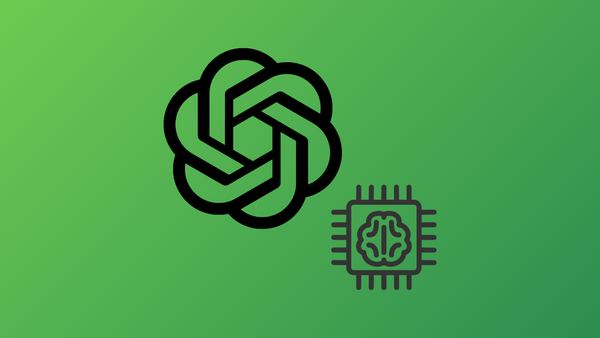

Member discussion